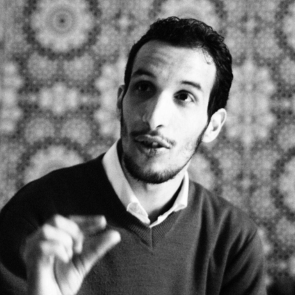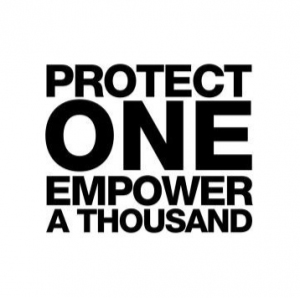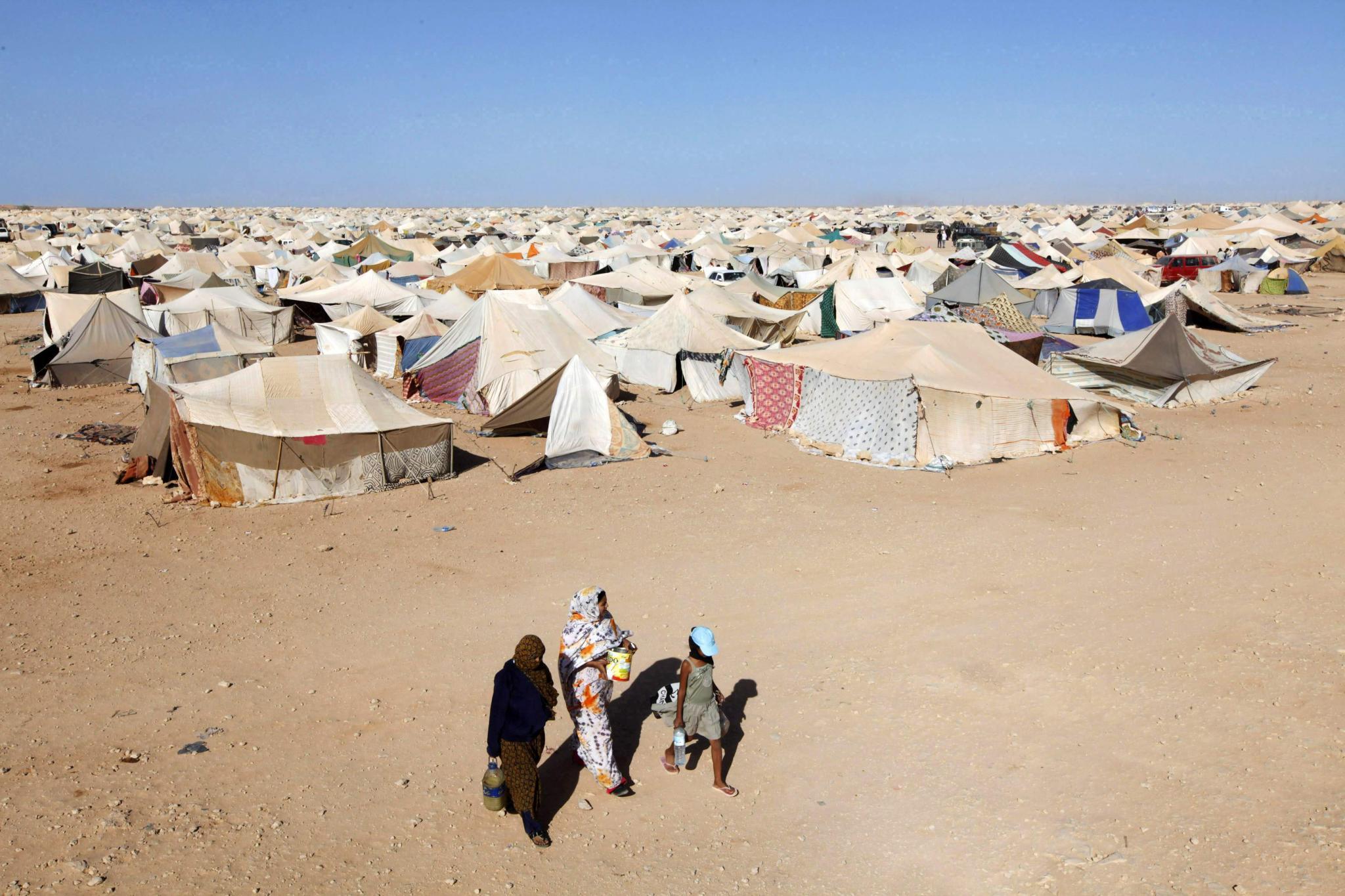
Mhamed Hali
The annual Front Line Defenders Award for Human Rights Defenders at Risk was established in 2005 to honour the work of HRDs who are courageously making outstanding contributions to the promotion and protection of the human rights of others, often at great personal risk to themselves.
Mhamed Hali is a Sahrawi human rights defender living and working in the occupied territories of Western Sahara. He is a member of the Sahrawi Association of Victims of Grave Human Rights Violations committed by the Moroccan State (ASVDH). He holds a doctorate in international humanitarian law, and currently serves as the Secretary General of the Association for the Protection of Saharan Prisoners in Moroccan Prisons (LPPS).
To be a human rights defender in Western Sahara means that you have chosen a life of danger and hardship, which extends to your family. However, despite all the pains, difficulties and dangers, Mhamed Hali reflects that the humanity of this work makes him and others capable of enduring these difficulties.
In 1975, Morocco annexed the territory of Western Sahara through a military invasion. Since then, Sahrawis have lived under oppressive rule in their own lands, subjected to discrimination, violence, and severe limitations on their civil and political rights, often likened to Apartheid.
It is an extremely dangerous space for human rights defenders to work, as anyone who speaks out about the occupation faces immediate backlash.
Mhamed says that the most meaningful part of his work is when he sees a smile on the faces of victims of human rights violations and their families. This is when he feels the deep impact of his human rights work - that he has done his duty towards his people, because they deserve to live with dignity.
In a world where information is at our fingertips, Mhamedis aware of the power of making people’s stories heard, how it can inspire and motivate us to keep working for a better future even in the darkest times. He says that “the forgotten experiences of the Sahrawi struggle are a source of true inspiration, a candles that illuminates the dark and perilous tunnel of our march.’’
Mhamed himself and the organisation he belongs to are a beacon of light for Sahrawi political prisoners.
The League for the Protection of Sahrawi Prisoners in Moroccan Prisons monitors reports on and follows up on the situation of Sahrawi political prisoners. The organisation accompanies detained activists from the first stages of arrest until their release, follows their trials and coordinates with international lawyers and observers, as well as monitors conditions inside prisons and reports on them.
When the anxious families of these political prisoners find themselves hopeless, he and his colleagues bring them support and comfort, providing desperately-sought information about their loved ones. Since its inception, the organisation’s work has been invaluable in shining a light on the situation of Sahrawi political prisoners on the international stage.
Mhamed credits this as one of the major successes of his human rights work. Furthermore, he sees the additional international awareness about the under-reported situation in Western Sahara as one of the biggest victories of his and the organisation’s work.
The challenges of being a human rights defender in Occupied Western Sahara are many, ranging from arrest, abduction, violent attacks, illegal prosecution, defamation, economic restrictions and more.
Unfortunately, the cost of Mhamed Hali’s human rights work has been high. He has been detained many times in Moroccan police stations. However, in 2007, in response to his student activism and human rights work, he was forcibly disappeared by Moroccan intelligence services, and detained for eight days without being brought to trial. He was subjected to various cruel types of torture, the horrific memories of which he says are still with him now.
He has also been subjected to violence many times. Peaceful protest is banned in the occupied territories, and as a result, when Sahrawis demonstrate, they are subject to harsh violence which, in some instances, has resulted in life-threatening injuries and even death.
Mhamed himself has suffered violent, life-threatening attacks aimed at silencing him. On two occasions, in 2009 and 2012, groups of masked attackers beat him with sharp instruments. They threatened to close his organisation if he did not stophis human rights work and student activism. While a student in Rabat, he was attacked again front of the university’s dormitory, resulting in severe injuries.
Most recently, in 2019, Mhamed Hali applied for and passed the exam to enter the legal profession and practise as a lawyer. Despite having met all the requirements, the Agadir Bar Association rejected his application, claiming that it had received a secret report from the Moroccan security services that he was a known activist, “member of an organisation (ASVDH) that denies Moroccan sovereignty over Western Sahara” and that “the concerned candidate is well known for his separatist and anti-territorial integrity attitudes”. He challenged this before the court, which only reaffirmed his rejection. He was also prevented from accessing a range of jobs, even in the private sector, as Moroccan companies are pressured to discourage them from hiring him. This is a clear case of retaliation and reprisal, just one example of a practice faced by many other defenders.
Mhamed Hali’s own lived experience as a Sahrawi under occupation pushed him to pursue the field of human rights. He was born in the largest occupied city of Laayoune/El Aiun, in 1987, into a family of eight. He grew up with stories of the grave violations Moroccan authorities committed agains this family, which he eventually came to experience himself, from a young age. Despite this, Mhamed Hali and many other Sahrawi defenders, stand proud in defence of their culture and their land, enduring whatever is put in front of them.
Mhamed does this work because he wants the world to see the struggle and hear the voices of the Sahrawi people.
No matter how many more arrests, beatings, defamation or other challenges Mhamed faces, he will continue to shine a light on the dozens of Sahrawi political detainees, as well as the Moroccan state’s continued policy of political detention in retaliation against Sahrawi activists and human rights defenders.


